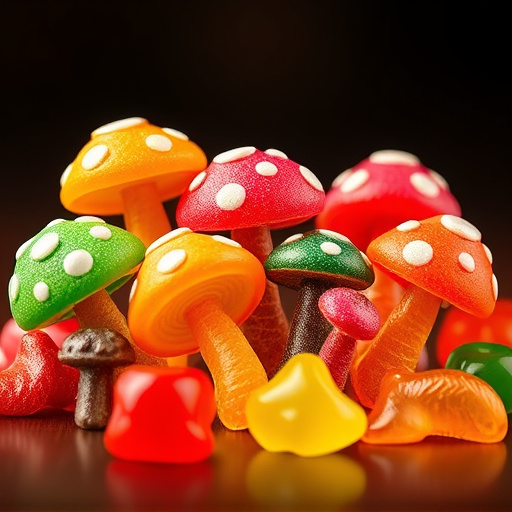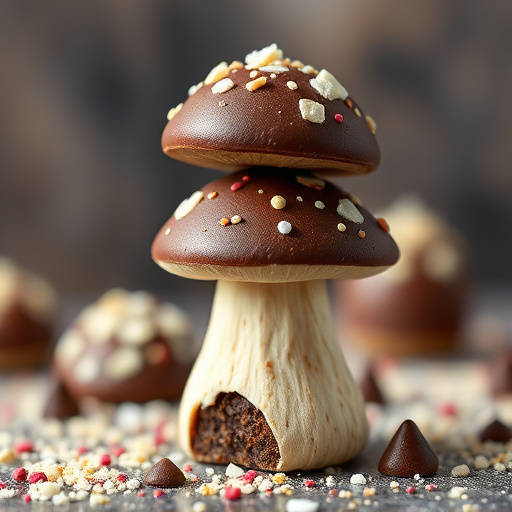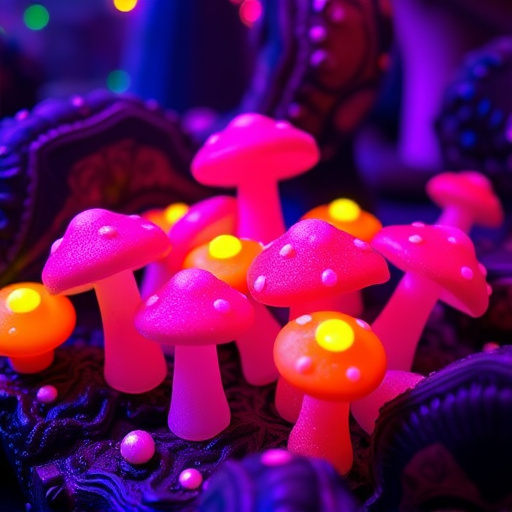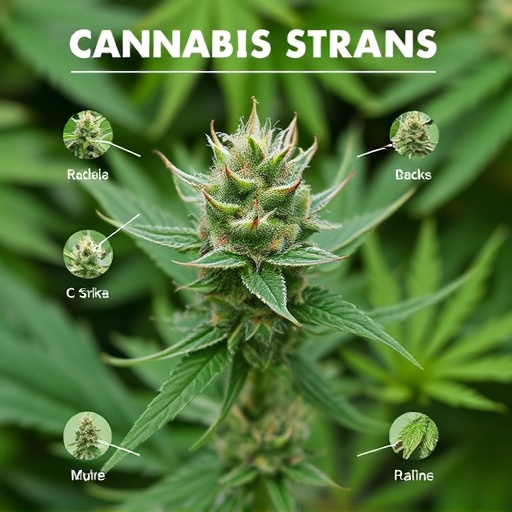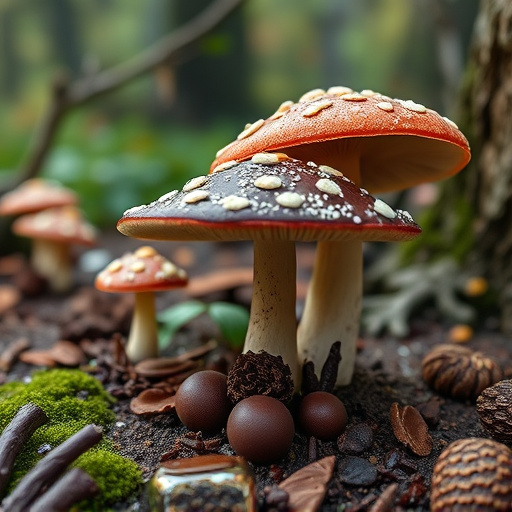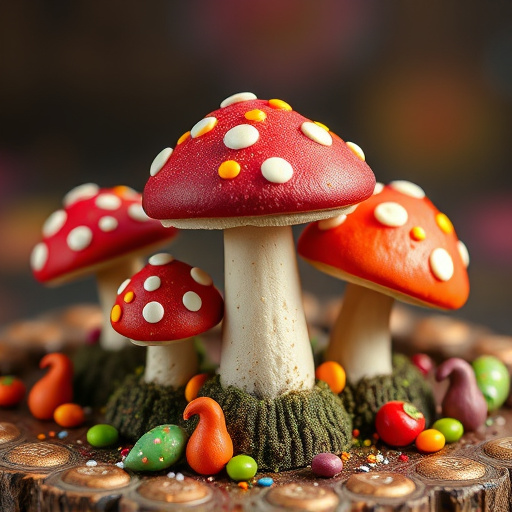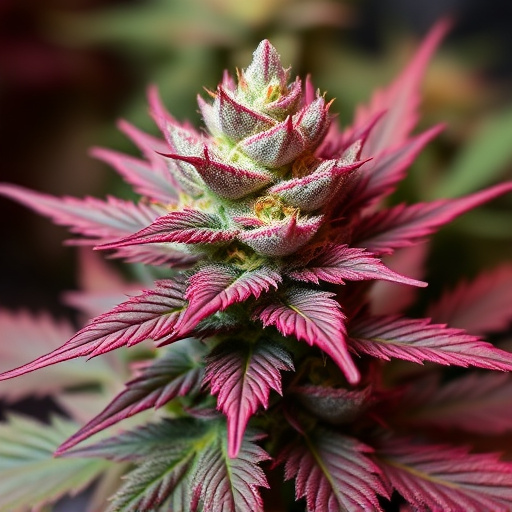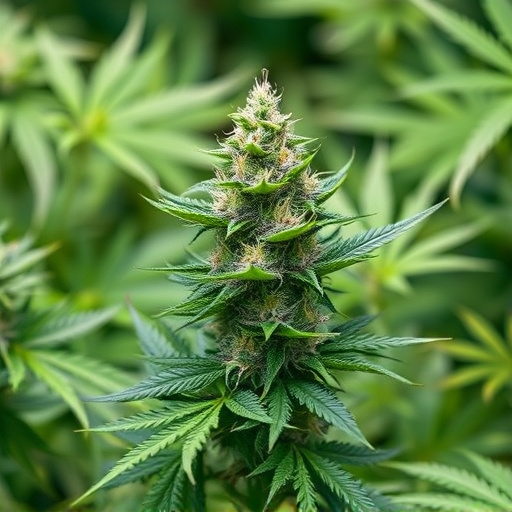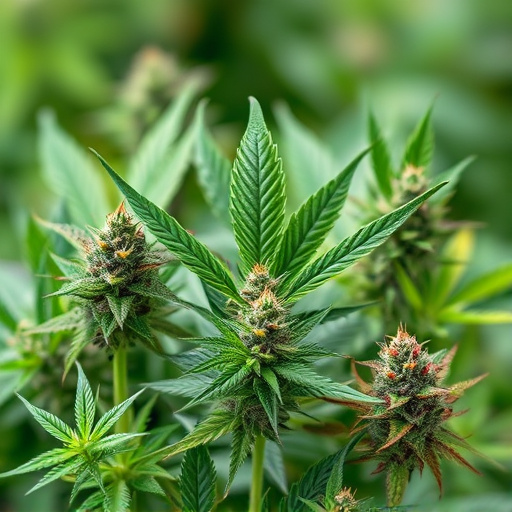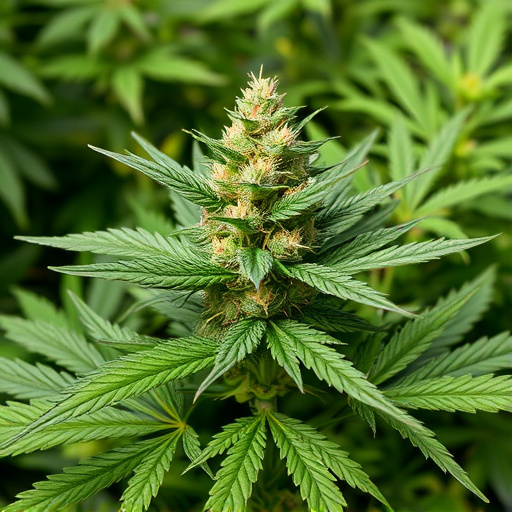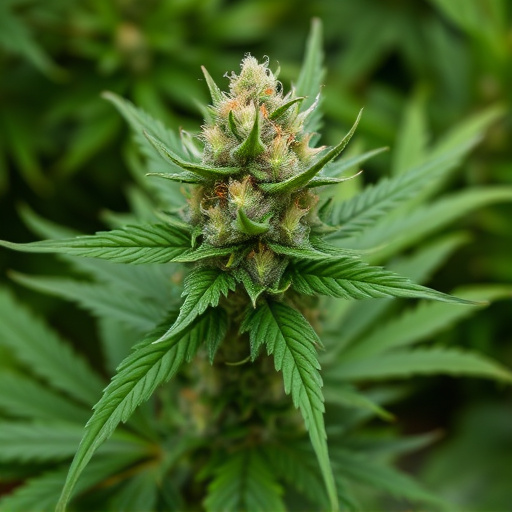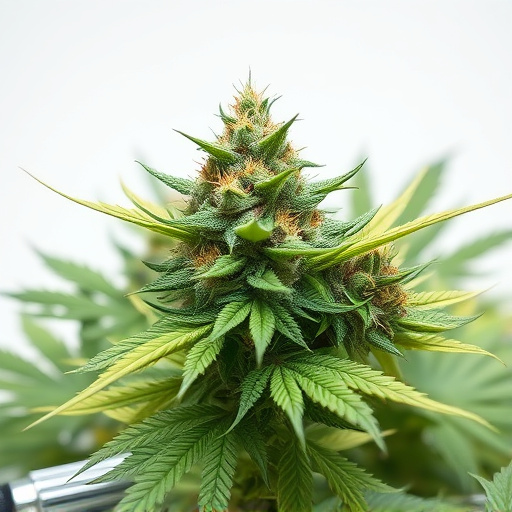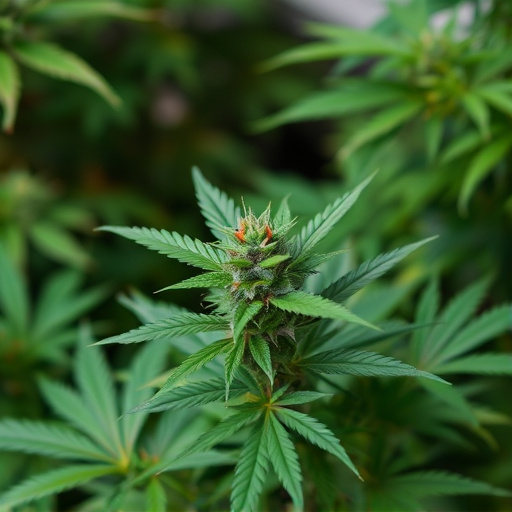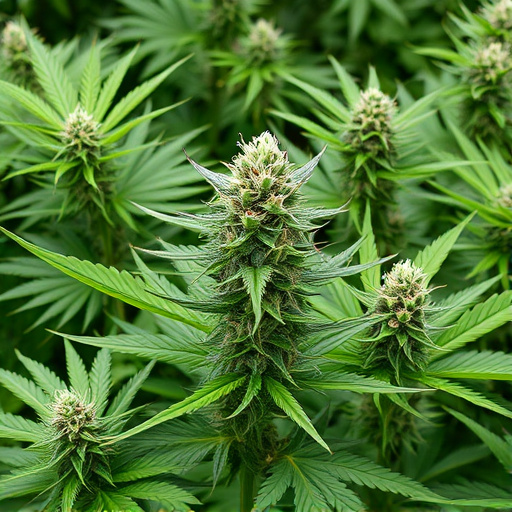The signature skunk aroma of medicinal cannabis is primarily due to terpenes, especially myrcene, which varies genetically and influences strain scent profiles. Cultivators control terpene production through environmental factors and lighting cycles to create diverse medicinal cannabis strains with unique aromas catering to individual preferences.
“Unraveling the mystery behind the skunk-like aroma in cannabis is a fascinating journey into the world of terpenes, the aromatic compounds responsible for a strain’s unique scent. This article explores why some medicinal cannabis strains emit a stronger skunk note than others. From genetic predispositions to cultivation techniques, we delve into the factors that contribute to this distinctive characteristic, offering insights for cultivators and enthusiasts alike.”
- Understanding Cannabis Terpenes and Their Skunk-Like Aroma
- Genetic Factors: Why Some Strains Are Naturally Skunkier
- Cultivating Techniques and Their Impact on Skunkiness in Medicinal Cannabis Strains
Understanding Cannabis Terpenes and Their Skunk-Like Aroma
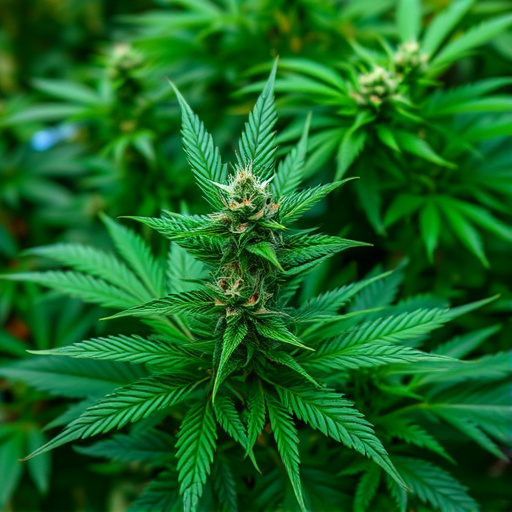
Cannabis enthusiasts often associate a skunk-like aroma with the plant, and this distinctive scent is largely attributed to terpenes—volatile organic compounds that give cannabis its unique flavor and fragrance. Terpenes play a significant role in shaping the sensory experience of medicinal cannabis strains as well. Each terpene contributes to the overall profile, creating a diverse range of aromas and potential therapeutic effects.
The skunkiness in particular comes from myrcene, one of the most prevalent terpenes found in cannabis. Myrcene is known for its earthy, musky scent with undertones of pine and berries. Higher concentrations of this terpene can make a strain smell more pungent and skunky. Other terpenes like limonene, linalool, and terpinolene offer contrasting aromas—citrusy, floral, or even spicy—which can either complement or alter the skunkier notes, creating a complex olfactory experience that varies widely among medicinal cannabis strains.
Genetic Factors: Why Some Strains Are Naturally Skunkier
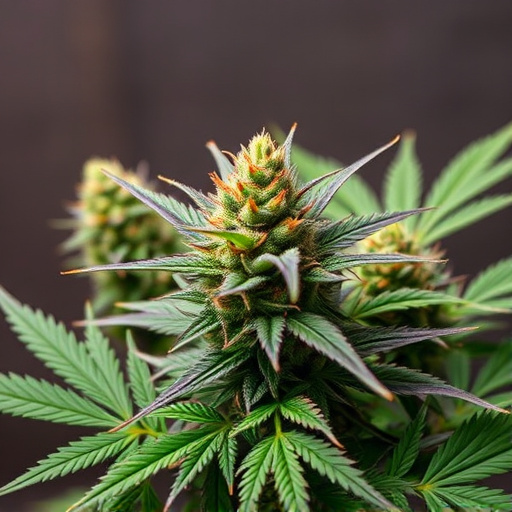
The scent of skunk, while sometimes off-putting to some, is a telltale sign of certain medicinal cannabis strains. But why do some varieties possess this distinct aroma? The answer lies in genetic factors that contribute to the unique chemical composition of each strain. Cannabis plants, like all organisms, have genes that dictate their traits—including the production of specific compounds responsible for their scent and effects.
Varieties known for their skunk-like fragrance often contain higher levels of myrcene, a terpene known for its earthy, musky notes. This chemical compound is produced naturally in some cannabis plants as part of their defense mechanism against potential threats like insects or fungi. Certain genetic lineages have evolved to emphasize the production of myrcene, resulting in strains with more pronounced skunkiness. Thus, when searching for medicinal cannabis strains with desirable effects and aroma profiles, understanding these genetic influences can be incredibly beneficial for cultivators and consumers alike.
Cultivating Techniques and Their Impact on Skunkiness in Medicinal Cannabis Strains
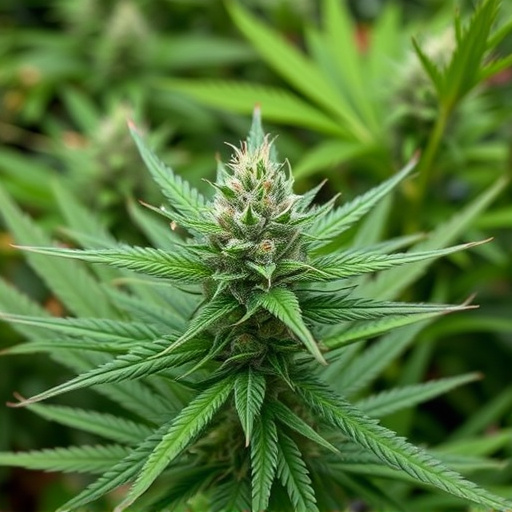
Cultivating techniques play a significant role in shaping the aroma and characteristics of medicinal cannabis strains. The process begins with selection, where growers choose specific varieties known for their unique skunk-like traits. However, it’s not just about genetic predisposition; cultivation methods are pivotal. Techniques like environmental control, including temperature, humidity, and light exposure, can influence the plant’s metabolism and terpene production, which greatly contributes to the skunkiness.
For instance, optimal growing conditions with precise lighting cycles can encourage the synthesis of myrcene, a common terpene associated with skunky aromas. Moreover, certain cultivation practices such as stress-inducing methods (e.g., topping, training) or specific soil amendments might enhance or alter these terpene profiles, resulting in more intense skunk notes in the final product. Understanding these connections allows cultivators to fine-tune their approaches, offering medicinal cannabis patients a diverse range of options with varied aromas catering to individual preferences.
In conclusion, the skunk-like aroma in certain cannabis strains is primarily attributed to terpenes, natural compounds that give plants their distinctive scents. Genetic factors play a significant role in determining how much of these terpenes, specifically myrcene, are produced. Cultivators can further enhance or reduce skunkiness through advanced farming techniques like climate control and nutrient adjustments, offering tailored experiences for users seeking the ideal medicinal cannabis strain.
